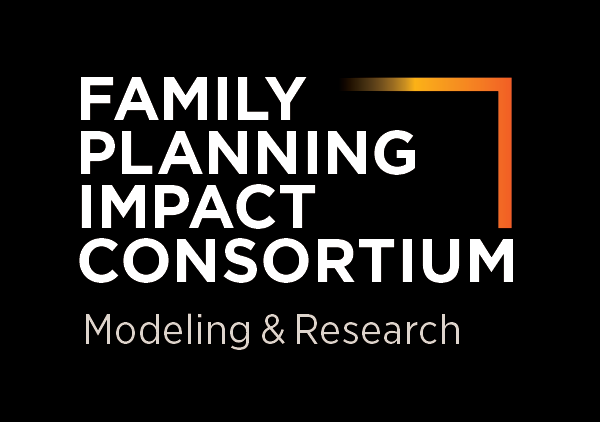The Case for Investment in Family Planning for Women’s Empowerment and Economic Development: An Introduction to the Family Planning Impact Consortium
– Report (pdf)
– Policy Brief (pdf)
The Impact of Family Planning on Women’s Economic Empowerment and Economic Development: A Narrative Review
Jocelyn E. Finlay, Mariam Gulaid, Chiseche Mibenge, Nyovani Madise, Naa Dodua Dodoo, John Stover, Michelle Weinberger, Marita Zimmermann
In a narrative review of 140 peer-reviewed publications from the fields of economics and demography, we explain the existing evidence that connects family planning to women’s economic empowerment and economic development with a focus on low- and middle-income countries.
Much of the research to date has been stepwise, examining just one piece of these relationships. This paper leverages the existing body of research to illustrate the multistep connection—from family planning for fertility regulation to improvement in key economic indicators to women’s economic empowerment and to national economic development. Highlighting these relationships makes a compelling case for investment in family planning as a critical pathway to economic empowerment and economic development. (paper under review)
The Impact of Family Planning on Women’s Economic Empowerment: Outlining the Methods to the Modeling Approach
Godoy Garraza L et al., How to estimate causal effects associated with family planning? An introduction to Prince BART, a new approach to effect estimation based on principal stratification and Bayesian non-parametric models [version 2], VeriXiv, preprint published online Sept. 18, 2024, doi.org/10.12688/verixiv.31.2.
Seager J et al., Does family planning improve female economic empowerment in Sub-Saharan Africa: conceptual framework and protocol for causal analysis across the life course [version 1], VeriXiv, preprint published online Oct. 3, 2024, doi.org/10.12688/verixiv.40.1.
Zan LM et al., Contraceptive trajectories and women's years of employment activity in low-income countries: combining fictive cohorts, contraceptive calendar data and sequence analysis [version 1], VeriXiv, preprint published online Sept. 9, 2024, doi.org/10.12688/verixiv.24.1.
Zimmermann M et al., FPsim+: an agent-based model of contraceptive use and empowerment [version 1], VeriXiv, preprint published online Aug. 21, 2024, doi.org/10.12688/verixiv.39.1.
The Impact of Family Planning on Women’s Economic Empowerment: Results of a Modeling Approach
A set of papers detailing results from the four modeling groups will be prepared for publication in peer-reviewed journals.
The Impact of Family Planning on Women’s Economic Empowerment and Economic Development: A Synthesis of the Empirical Models
A synthesis paper that consolidates the results of the individual models will be prepared for a peer-reviewed journal.

